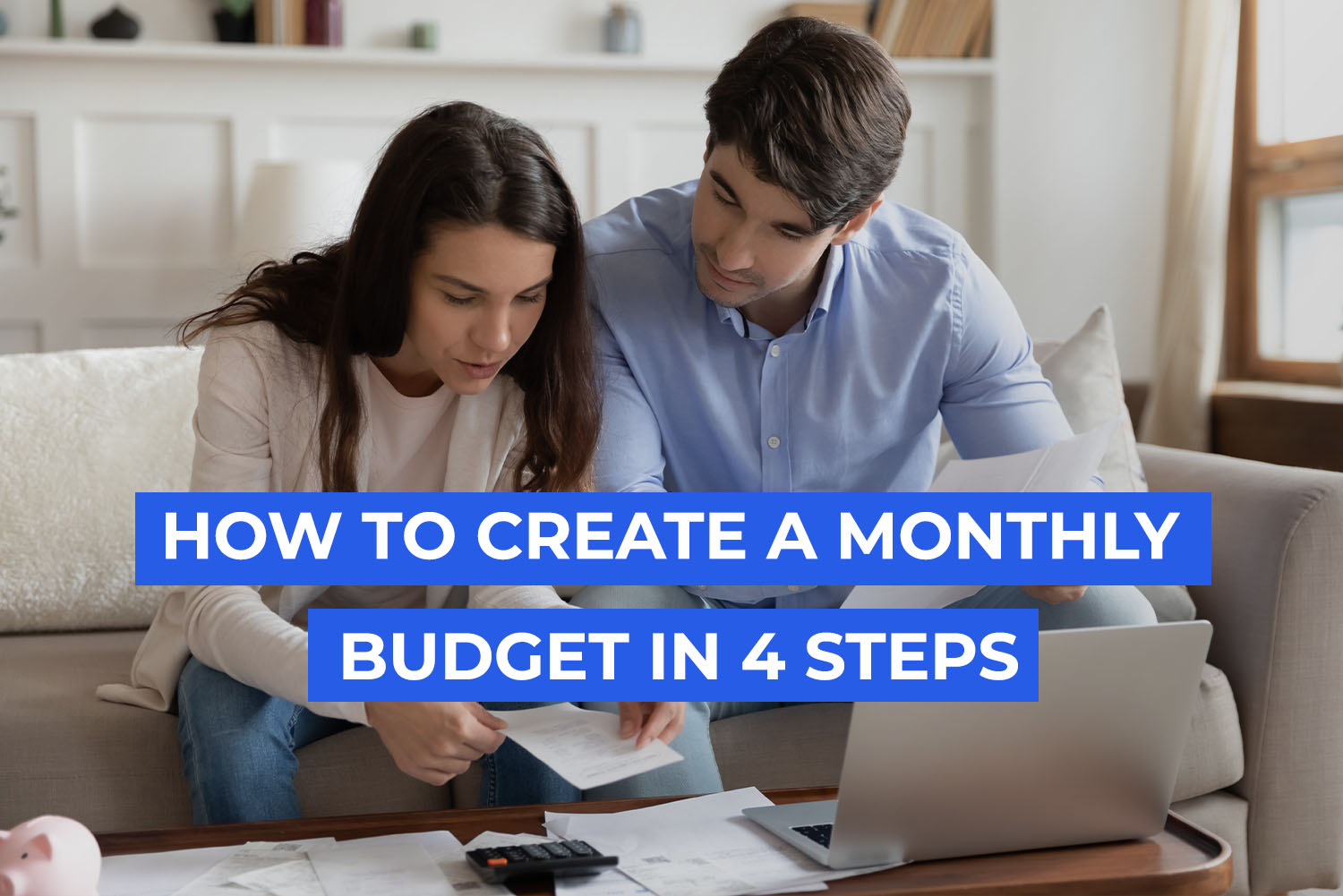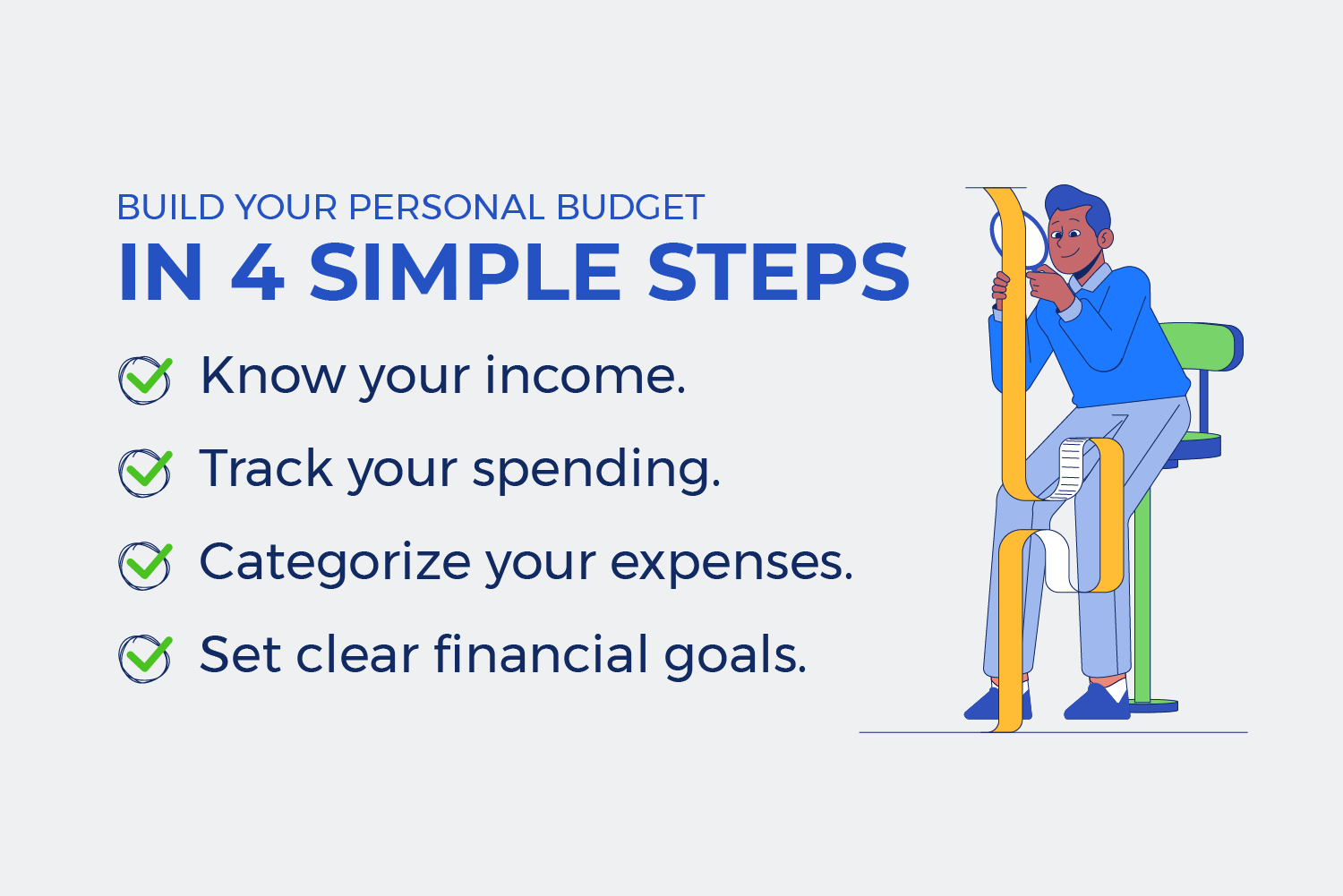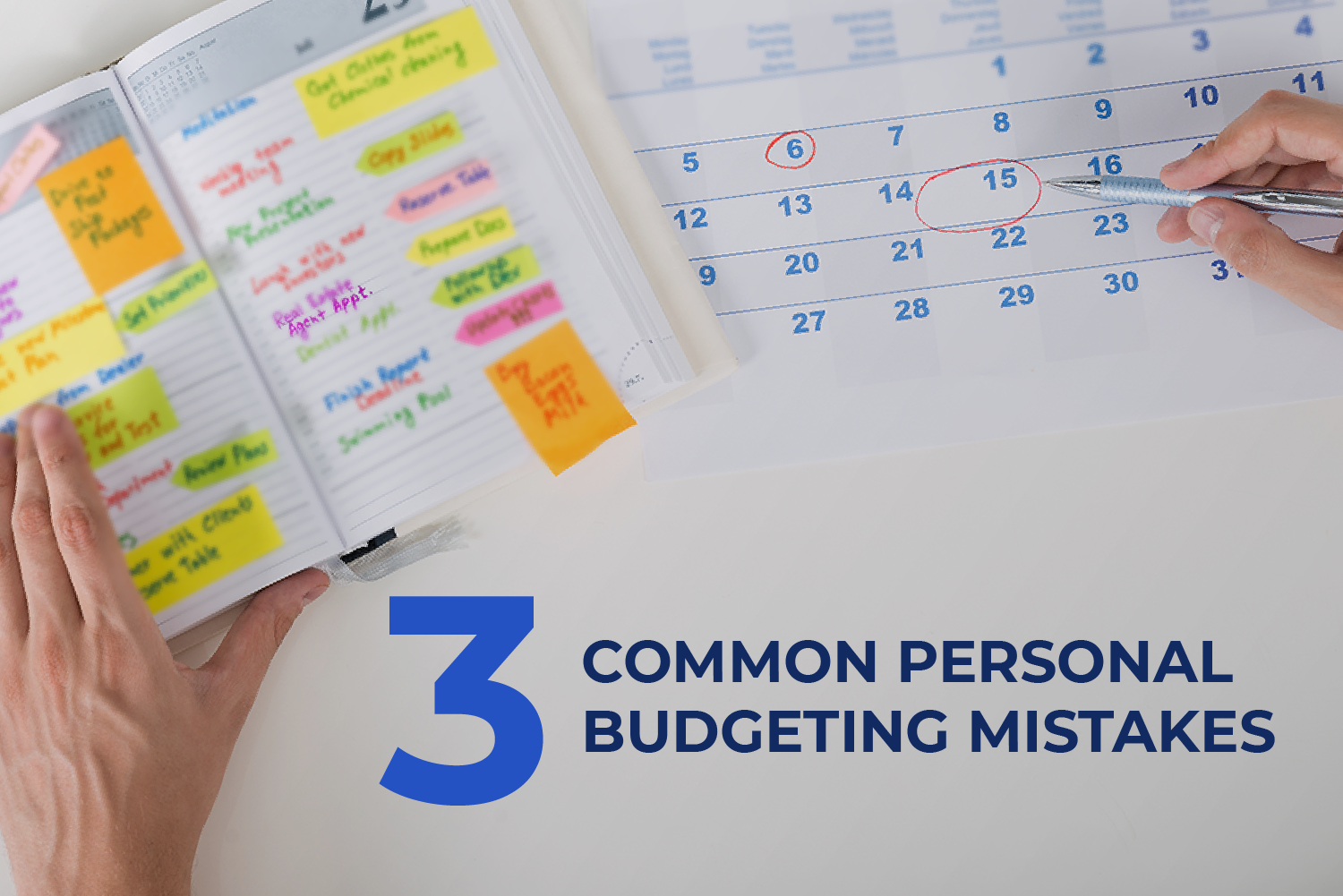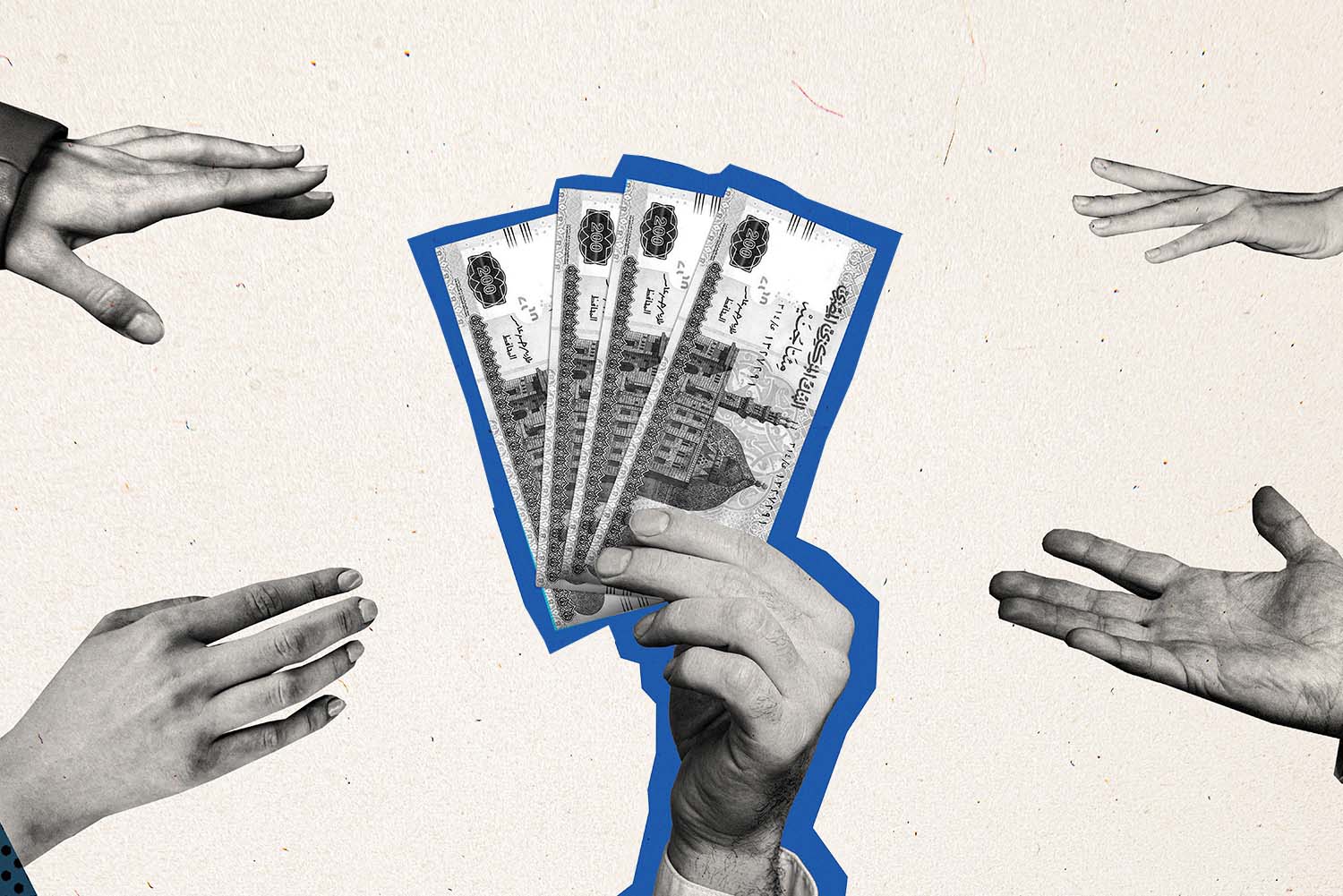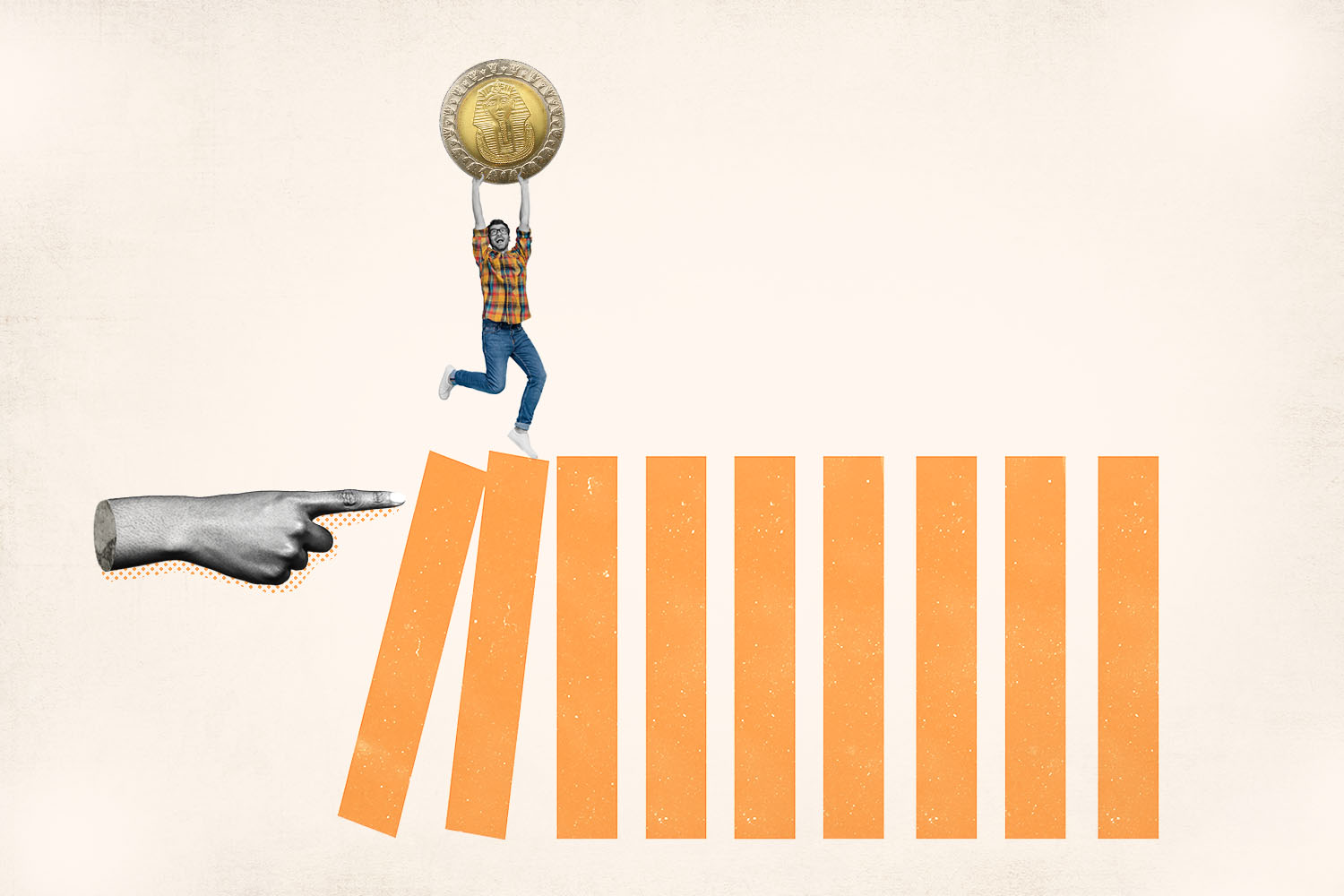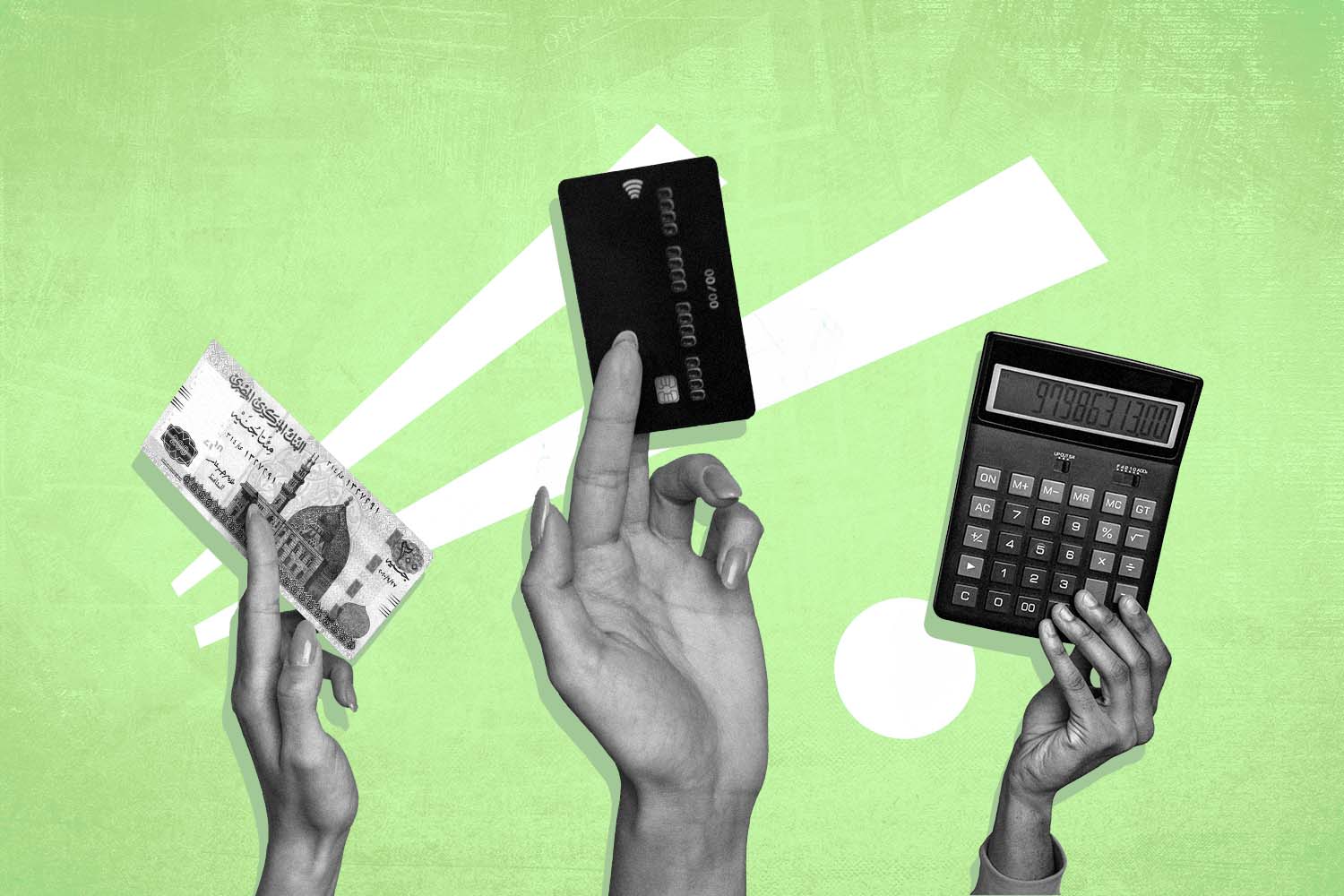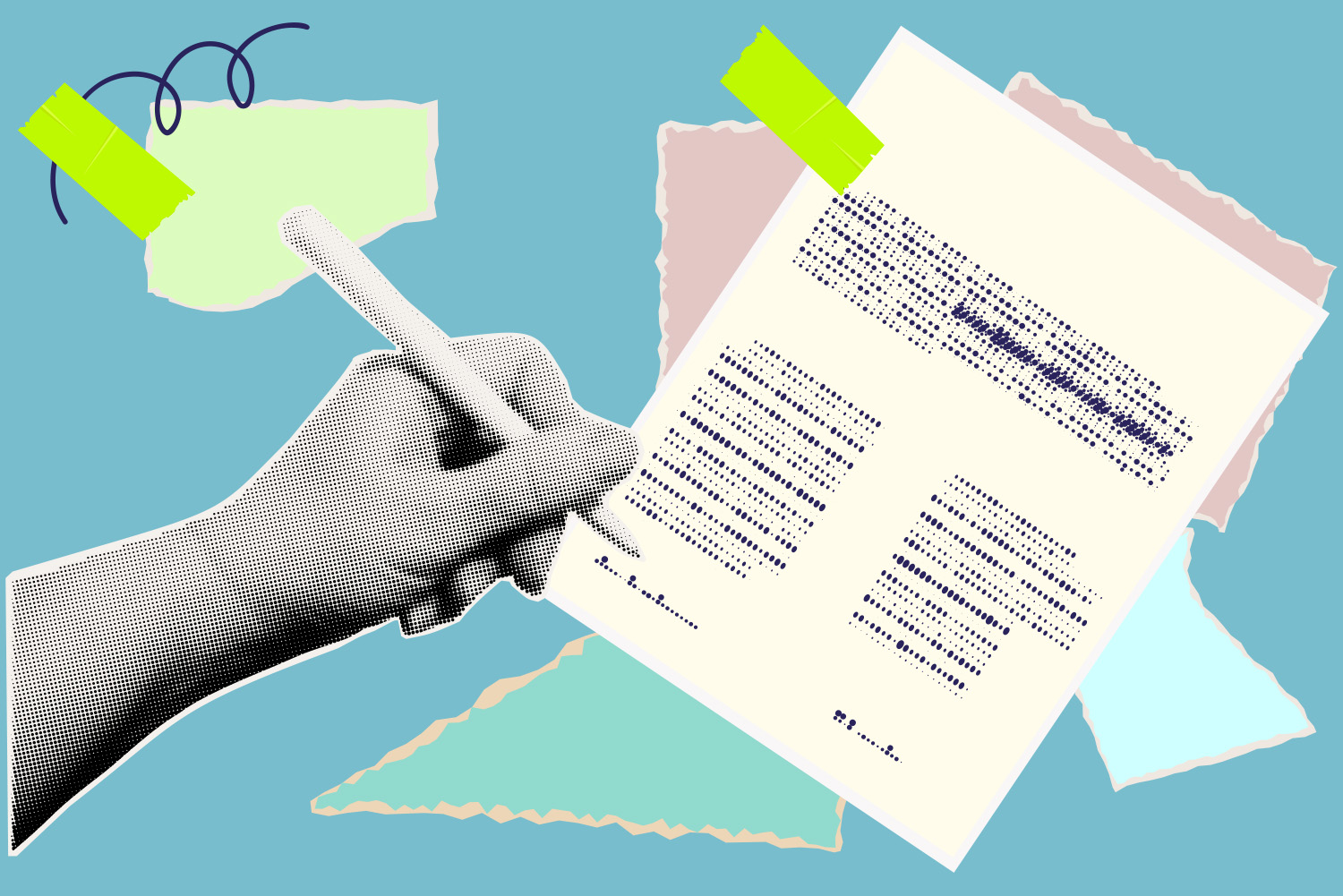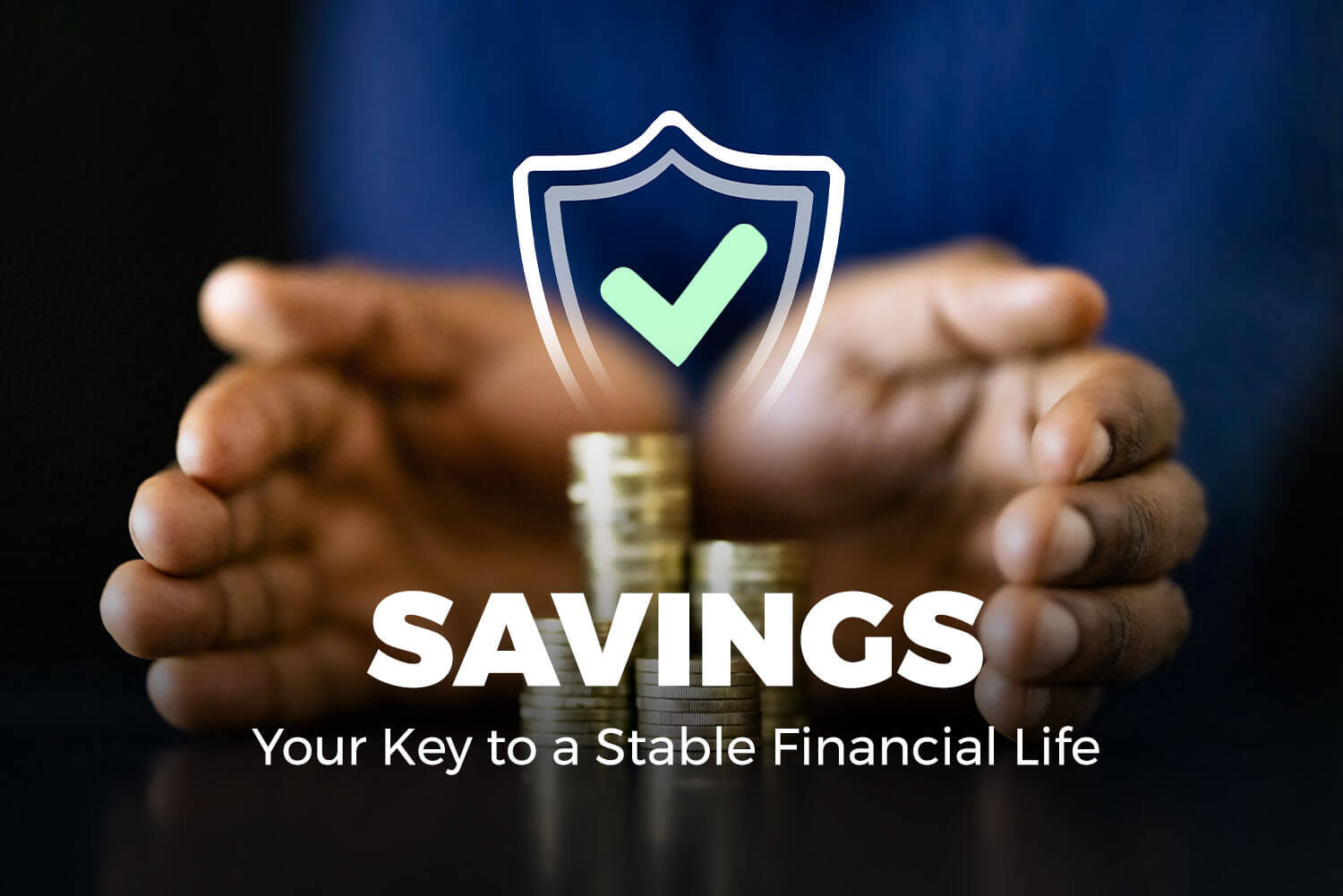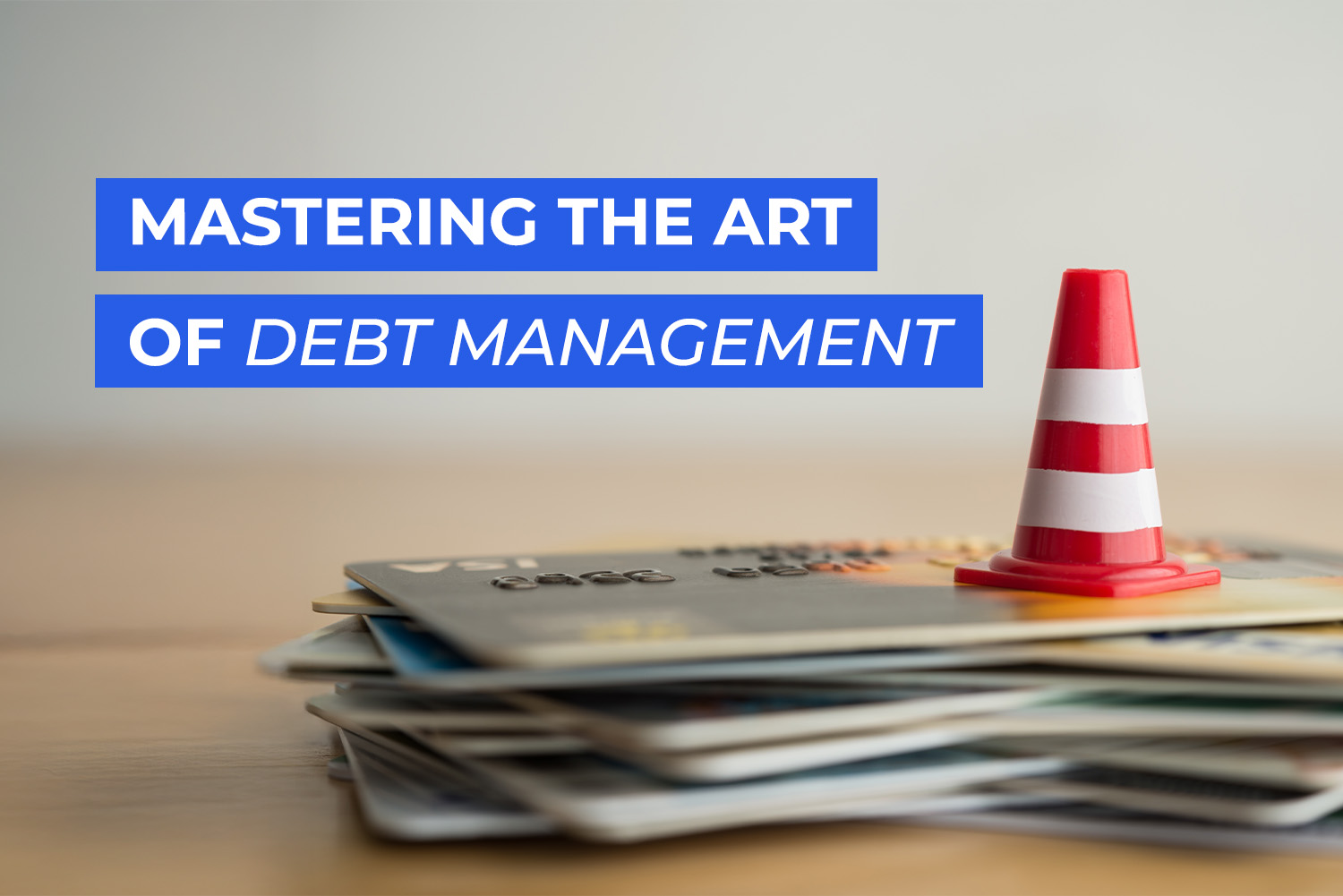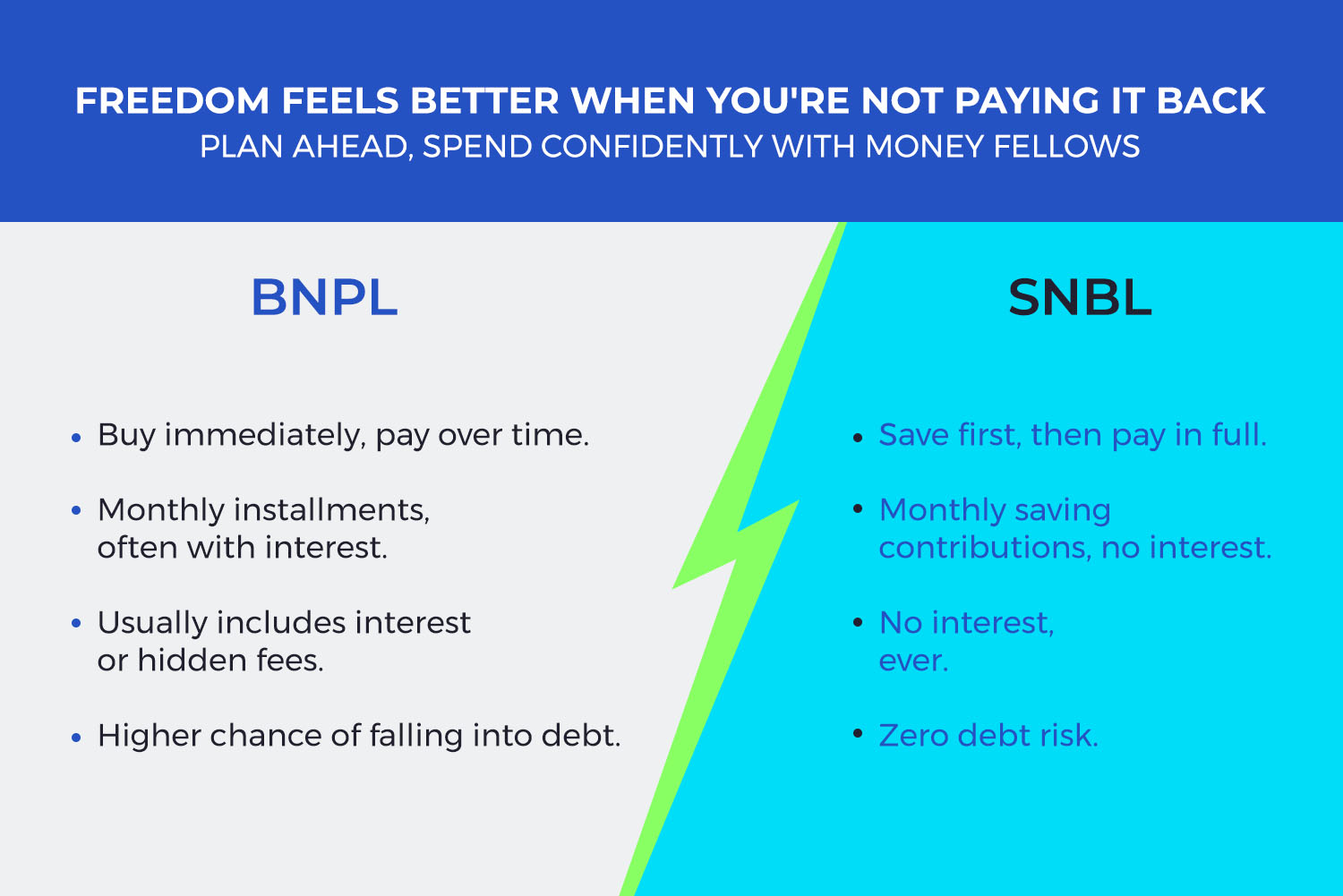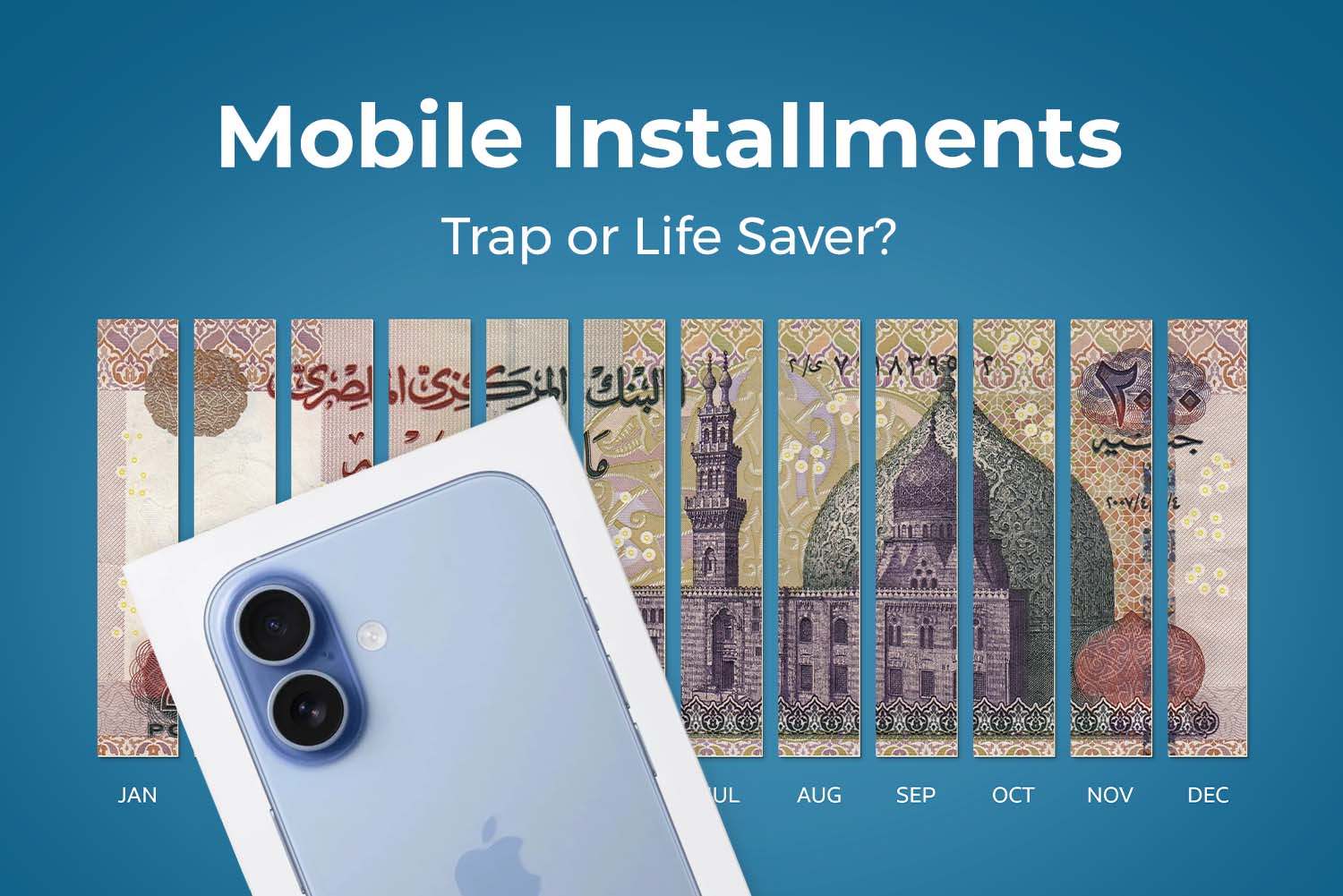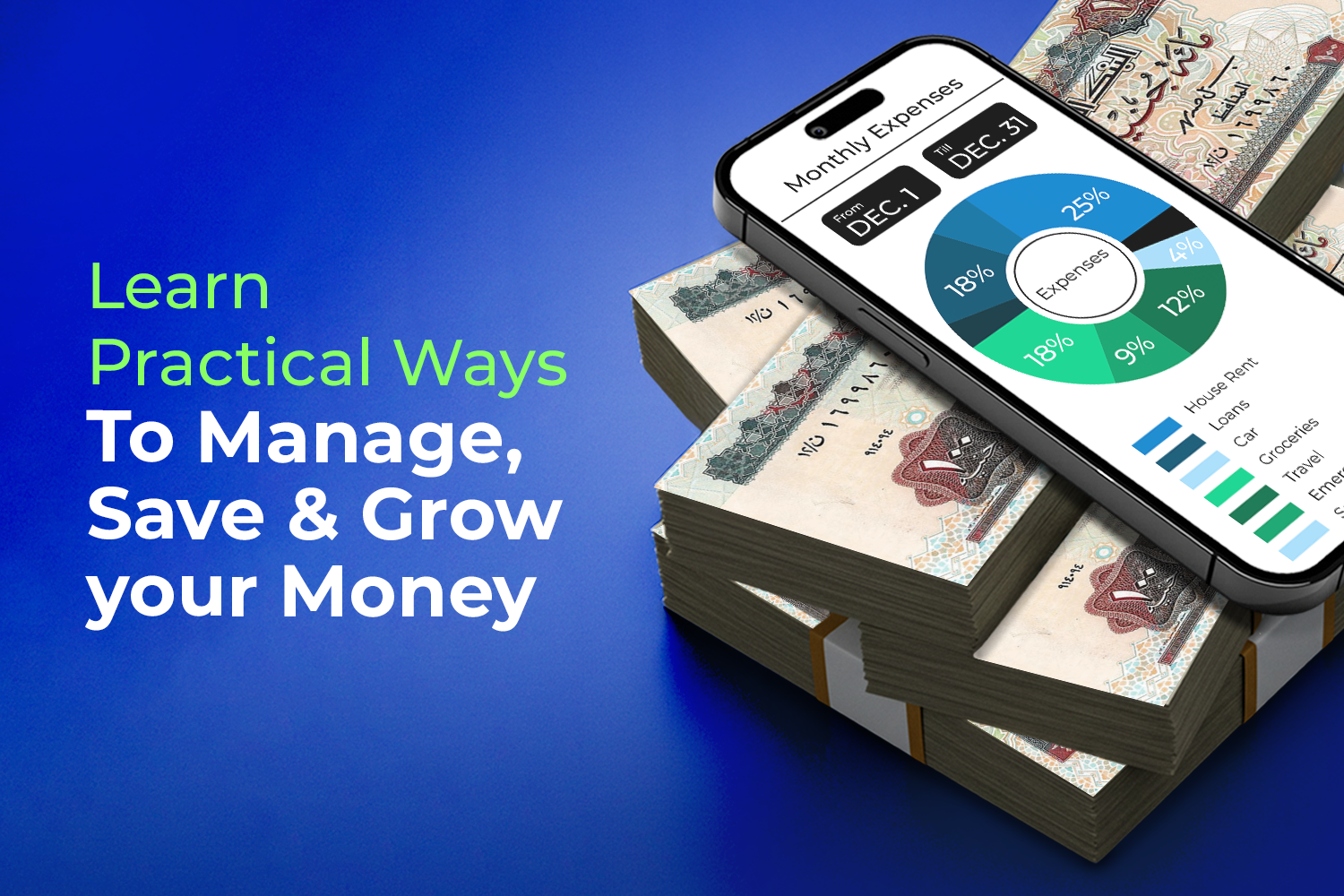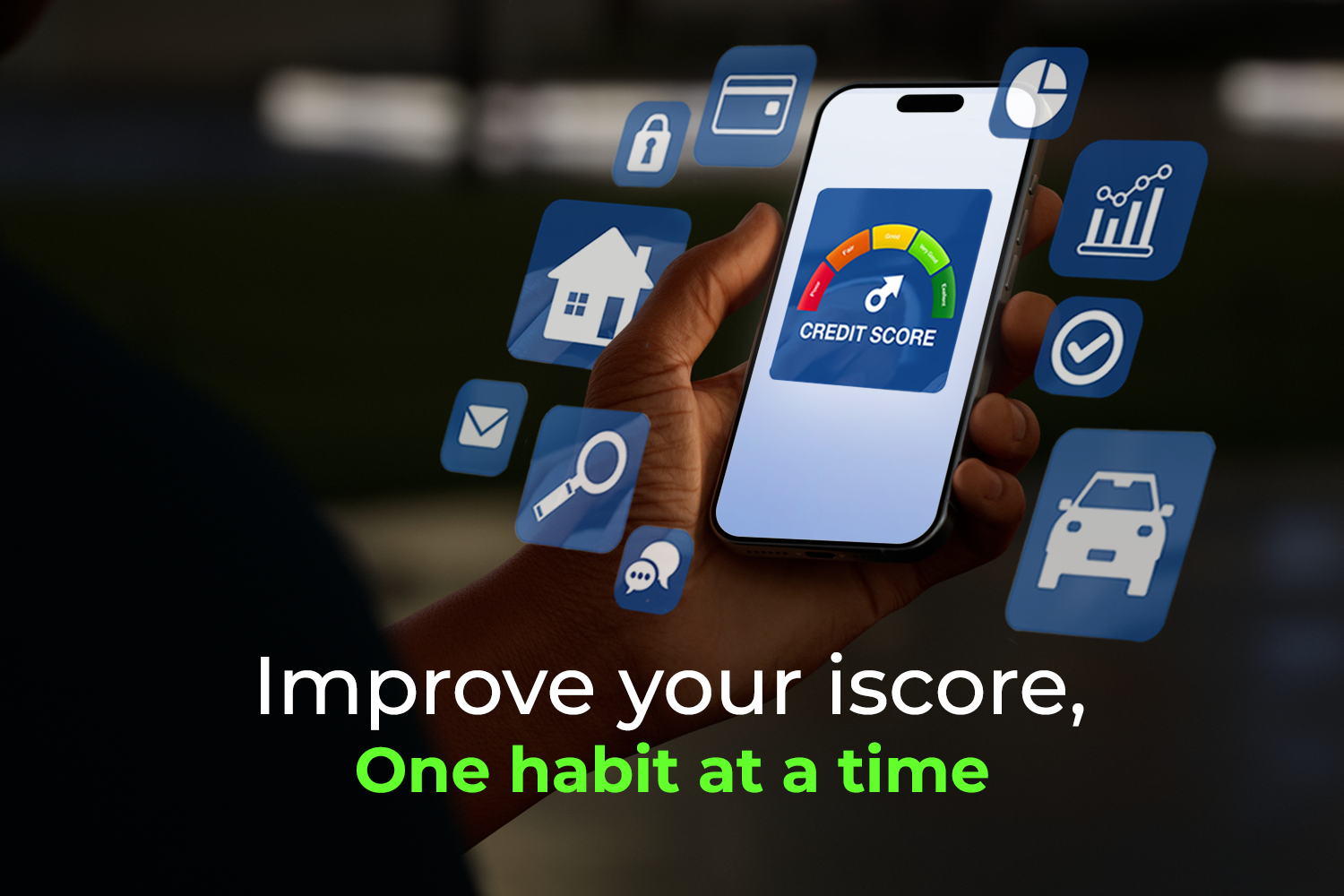Creating a personal budget might seem scary at first. But it’s really about taking control of your money and spending habits. A good budget gives you freedom. You can spend comfortably without worrying about running out of money before payday.
Budgeting is the first step to better money habits. It helps whether you want to manage debt, save, or just track your expenses. If you’re living paycheck to paycheck and not sure where your money goes, a budget can help.
In this article, we’ll walk you through how to create a simple and practical budget tailored to your lifestyle, with easy, actionable steps you can start today.
What Is a Monthly Budget?
A monthly budget is simply a financial plan that helps you track how much money you earn, spend, and save. Think of it as a roadmap that leads you to financial stability and peace of mind.
A good budget doesn’t restrict you—it empowers you. When every pound has a purpose, you’re no longer reacting to your bank balance, you’re making proactive financial decisions that shape your future.
But where do you start? The answer lies in being honest about your income, tracking your spending, and setting clear priorities aligned with your financial goals.
How to Build Your Budget Step-by-Step
Let’s break the budgeting process down into simple steps that are easy to follow and work with:
